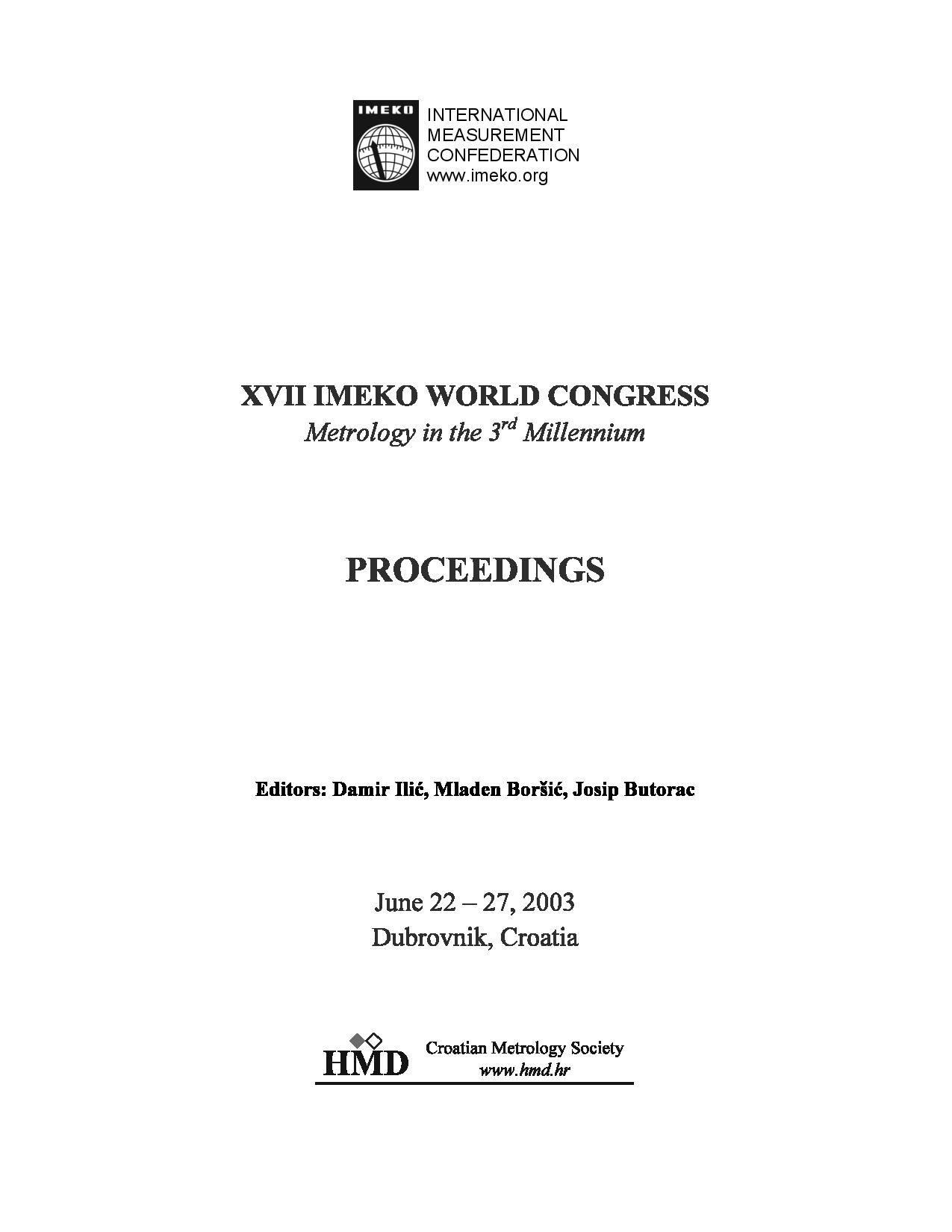Zapisywanie danych...
Abstract: The properties of some algorithms based on digital signal processing for the impedance components evaluation in circuits with sampling sensor have been analysed. It is supposed that the voltage and current are sampled synchronously to the fundamental frequency of the generated sinusoidal signal. Two groups of fitting sine wave algorithms, which are based on the least mean square (LMS) technique, have been described. The first one reconstructs indirect measurement method. The second group of algorithms estimates the unknown impedance components by direct method. In all these algorithms to simplify the calculations one can use different form of input matrix. The uncertainty’s propagation by described algorithms can be analysed by means of covariance matrix. In order to verify the performance of the considered algorithms (e.g., accuracy, estimator bias and convergence) the Monte Carlo simulations are realised in MATLAB. It is shown that those algorithms provide minimisation of uncertainty for selected number of samples and phase angles. The influence of the quantization error of the AD converters and jitters of the sampling time upon the uncertainty of the processing results of described algorithms have been carried out.
B I B L I O G R A F I A[1] L. Angrasani, A. Baccigalupi, A. Pietrosanto, "A Digital Signal-Processing Instrument for Impedance Measurement", IEEE Trans. on Instr. and Meas., Vol. 45, No. 6, 1996, pp. 930-934.
[2] S.A. Soliman, M.E. El-Hawary, "A Digital Estimation Algorithm for Impedance Measurements", Electric Machines and Power Systems, vol. 27, no. 12, pp. 1279-1288, Dec. 1999.
[3] M. Dutta, A. Rakshit, S. N. Bhattacharyya, "Development and Study of an Automatic AC Bridge for Impedance Measurement", IEEE Trans. on Instrum. Meas., vol. 50, no. 5, pp. 1048-1052, Oct. 2001.
[4] L. Angrasani, L. Ferrigno, "Reducing the uncertainty in realtime impedance measurements", Measurement, vol. 30, pp. 307-315, 2001.
[5] J. Augustyn, “ Uncertainty Analysis of Impedance Measurements in the sampling Sensor Instrument”, Proceedings of the IMEKO-TC7 Symposium, pp.66-69, Cracow, 2002.
[6] IEEE Standard for Digitizing Waveform Recorders, IEEE Std 1057-1994.
[7] S. Brandt, Statistical and Computational Methods in Data Analysis, Ed.3, Springer Verlag, New York, 1997.
[8] T. Söderström, P. Stoica, System Identification, Prentice Hall International, 1994.
[9] Handbook of Measurement Science. Vol. I: Theoretical Fundamentals. A Wiley – Interscience Publication, 1982. 
